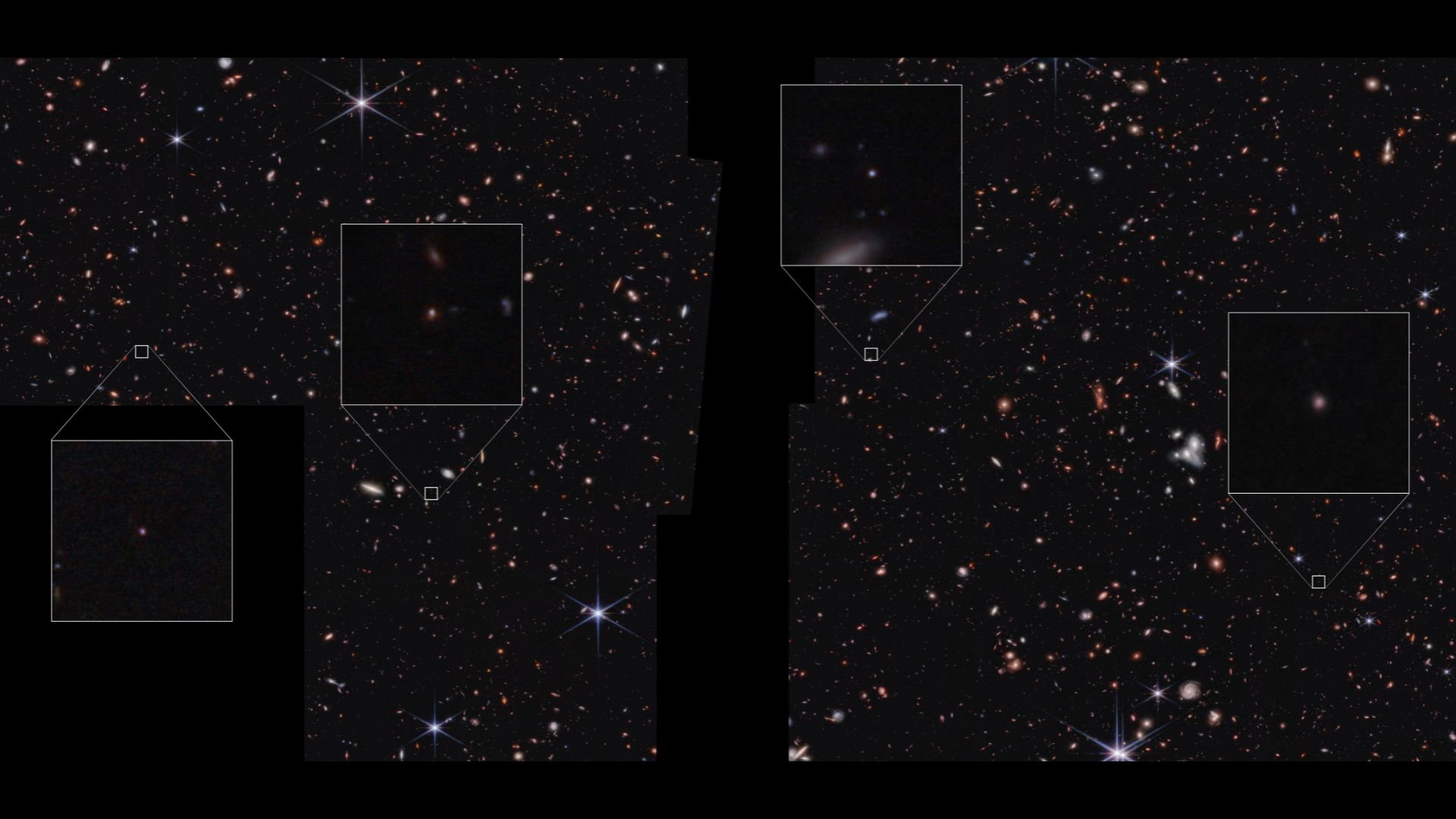Outside Firm Says NASA's Culture is Improving
NASA's internal culture is slowly changing as it addresses concerns by Columbia accident investigators, according to an outside contractor studying the space agency.
Among the more noticeable improvements is an increase in communications between program leaders and their staff, he said. A survey conducted of NASA employees conducted by BST earlier this year found that many people felt underappreciated and were afraid to speak up to superiors.
"We've seen a definite improvement in that," said psychologist and NASA consultant Thomas Krause to reporters in an Aug. 26 briefing. "[Project leaders] are actively encouraging people to speak out and give their opinions."
Krause is chairman of the board for the Ojai, California-based consulting firm Behavioral Science Technology, Inc. (BST), which NASA hired in February study the agency and generate a three-year plan to change its internal culture. Faults in NASA's current culture were cited by the Columbia Accident Investigation Board (CAIB) as partly to blame for the loss of the space shuttle Columbia and its seven-astronaut crew on Feb. 1, 2003.
"The primary thing I am looking forward to is for management to make a commitment to this change," said Jim Jennings, NASA associate administrator of institutions and management at the agency's Washington D.C. headquarters.
BST experts have entrenched themselves at three NASA centers - Johnson Space Center (JSC), Stennis Space Center, and Goddard Space Flight Center - where they've called on NASA employees to conduct observations and feedback pertaining to the agency's internal culture.
At JSC, for example, about four BST consultants have trained a group of 30 NASA employees chosen from a cross section of center personnel and expertise areas.
Breaking space news, the latest updates on rocket launches, skywatching events and more!
After a September assessment at the three current centers, BST will study the results and also develop targeted plans for the agency's remaining seven centers.
"It's almost like changing the tire on a moving car," said Krause about the inherent challenges of changing the inner culture of an organization as large as NASA. "What one is concerned about in facing that challenge is how supportive the leadership is to this effort."
So far, NASA chief Sean O'Keefe has announced his intention to follow all CAIB recommendations to improve the agency.
"He is really supportive and dedicated to this change," Krause said.

Tariq is the award-winning Editor-in-Chief of Space.com and joined the team in 2001. He covers human spaceflight, as well as skywatching and entertainment. He became Space.com's Editor-in-Chief in 2019. Before joining Space.com, Tariq was a staff reporter for The Los Angeles Times covering education and city beats in La Habra, Fullerton and Huntington Beach. He's a recipient of the 2022 Harry Kolcum Award for excellence in space reporting and the 2025 Space Pioneer Award from the National Space Society. He is an Eagle Scout and Space Camp alum with journalism degrees from the USC and NYU. You can find Tariq at Space.com and as the co-host to the This Week In Space podcast on the TWiT network. To see his latest project, you can follow Tariq on Twitter @tariqjmalik.
